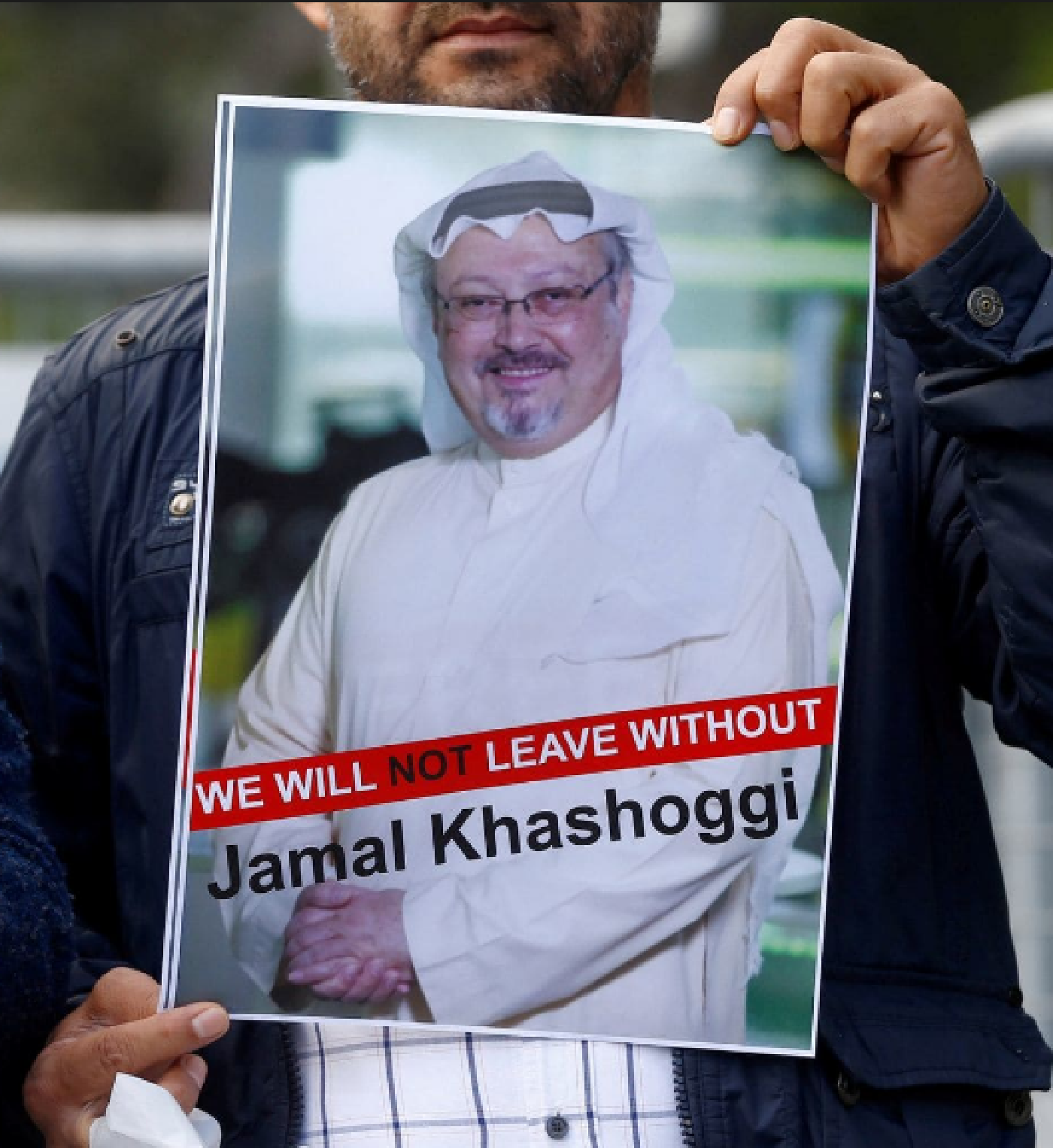
(MNM) — On October 2, Jamal Khashoggi, a Saudi journalist with frequent bylines in the Washington Post, went missing during a trip to the Saudi consulate to obtain the paperwork necessary to marry his fiancee.
Since his self-imposed exile from the country prior to the reign of Saudi Crown Prince Mohammad Bin Salman, Khashoggi has been a fearless critic of policies and directives which have squeezed the Middle East, penning articles critical of Israeli settlement building in occupied Palestinian territories, as well as the Saudi government’s intervention in Yemen, blockade in Qatar, diplomatic dispute with Canada and crackdown on dissent and media. Khashoggi was considered a reserve of regional knowledge dating back to the 1980’s,
Regarding Khashoggi’s disappearance, the chain of events remains contested between the relevant parties, and has therefore garnered no proper response. While surveillance video shows Khashoggi entering the consulate, his departure was never captured. Turkish officials have provided evidence to corroborate their claim that Khashoggi was murdered inside the consulate, and the Washington Post reported that the Saudi government had plotted Khashoggi’s interception at the consulate.
The Saudi government maintains that Khashoggi left the consulate, and therefore their jurisdiction, prior to his disappearance, though their lack of proof coupled with reporting on text messages which Khashoggi received at the time of his disappearance fail to corroborate that story.
